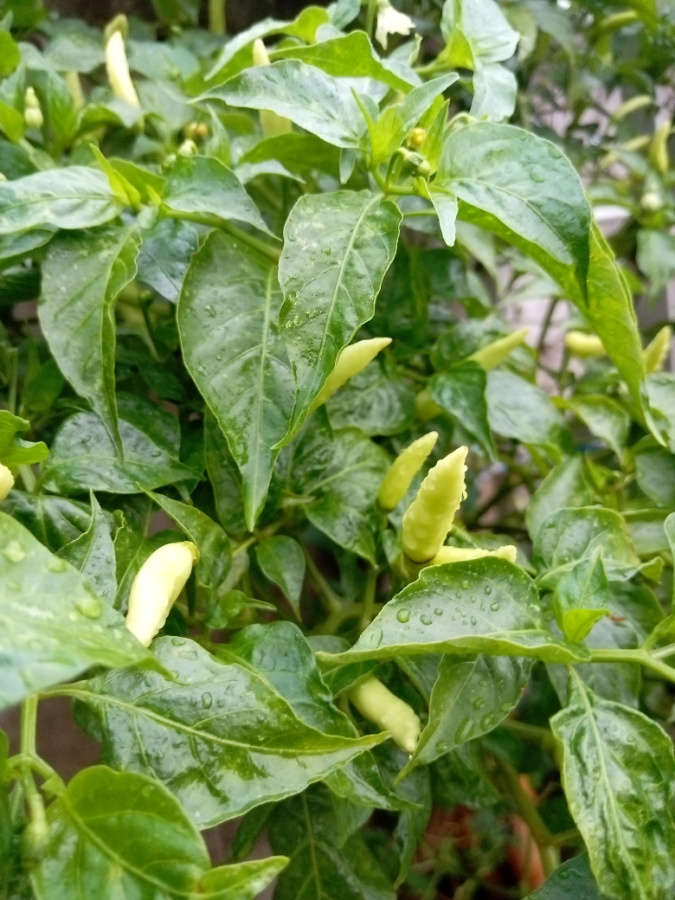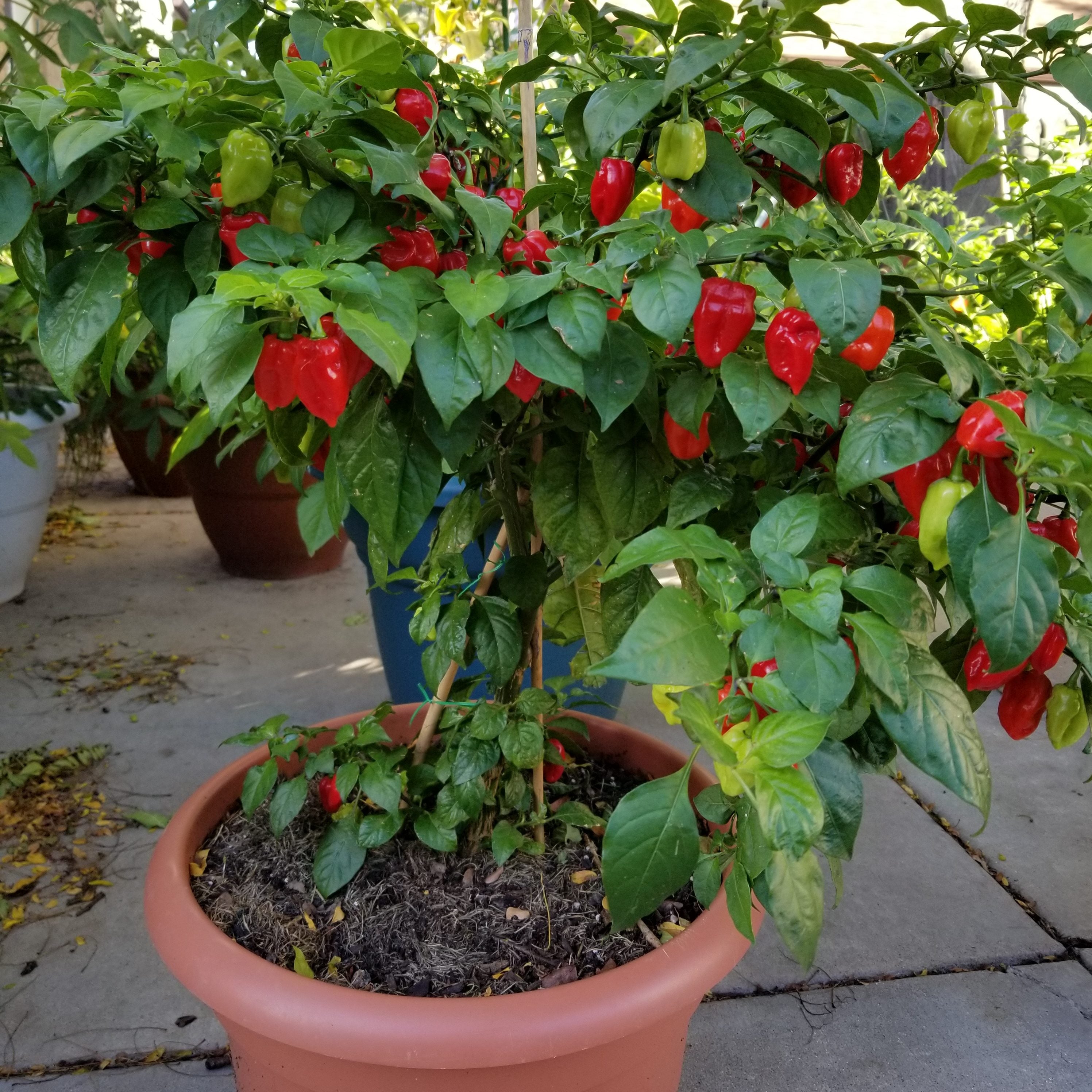Discover the Best Fertilizers for Peppers and Enhance Your Yard's Return
Discover the Best Fertilizers for Peppers and Enhance Your Yard's Return
Blog Article
Organic Vs. Synthetic Fertilizers: Which Is Best for Supporting Healthy And Balanced Pepper Plants?
In the world of supporting healthy and balanced pepper plants, the choice in between artificial and natural fertilizers stands as a crucial choice with significant implications. While both choices aim to supply essential nutrients to support plant growth, the subtleties of their effect on the dirt, plant wellness, and the atmosphere spark a discussion that echoes throughout the gardening neighborhood. Comprehending the distinctive advantages and potential pitfalls of each plant food type is important for pepper growers seeking to enhance their returns while preserving a lasting and eco-conscious approach.
Benefits of Organic Plant Foods
Organic fertilizers supply an environmentally-friendly and lasting technique to nourishing pepper plants, offering essential nutrients without using synthetic chemicals. These all-natural plant foods are stemmed from natural resources such as garden compost, manure, bone dish, and algae, advertising dirt health and biodiversity. Unlike synthetic plant foods, natural options release nutrients gradually, making certain a constant and well balanced supply for pepper plants to thrive.
One significant benefit of organic plant foods is their capacity to boost soil structure and water retention. By improving dirt health and wellness, organic fertilizers promote advantageous microbial task, which assists in nutrient uptake by pepper plants. Furthermore, natural fertilizers reduce the danger of chemical run-off, protecting water resources from pollution and protecting the environment.
Furthermore, organic fertilizers add to long-term dirt fertility by advertising the growth of helpful dirt microorganisms. These microorganisms help damage down organic matter, launching nutrients in a type that is conveniently obtainable to pepper plants. best fertilizers for peppers. By fostering a healthy soil environment, natural fertilizers sustain sustainable pepper farming practices that profit both plants and the atmosphere
Downsides of Synthetic Plant Foods
Artificial plant foods, in contrast to their natural counterparts, pose different drawbacks when made use of to nurture pepper plants, affecting both plant wellness and ecological sustainability. One significant downside of synthetic fertilizers is their tendency to leach nutrients from the soil quickly.
Moreover, the overuse of synthetic plant foods can add to water air pollution. Excess fertilizers not absorbed by plants can wash away right into water bodies, causing eutrophication, where algae flowers deplete oxygen degrees in the water, damaging marine life. Synthetic plant foods are normally acquired from non-renewable sources, such as fossil gas, adding to carbon emissions and environmental degradation throughout their manufacturing.
Nutrient Absorption Comparison
When contrasting natural and synthetic plant foods in terms of nutrient absorption, organic plant foods have the advantage of providing an extra balanced and slow-release resource of nutrients. Organic plant foods consist of a selection of macro and micronutrients that are not only valuable for the plants however likewise advertise healthy and balanced soil microbial activity, which assists in nutrient uptake.
In addition, organic plant foods boost dirt structure and water retention capability, permitting pepper plants to gain access to nutrients more successfully. This enhanced soil quality assists in root advancement, allowing better nutrient absorption. Artificial fertilizers, although at first enhancing plant growth as a result of their high nutrient focus, may prevent long-term nutrient absorption by degrading dirt health and wellness over time.
Ecological Influence Factors To Consider

On the other hand, artificial fertilizers, although commonly even more quickly offered and concentrated to plants, can have destructive results on the setting if not used properly (best fertilizers for peppers). Their production requires high energy inputs, resulting in greenhouse gas emissions and adding to environment change. Furthermore, the overflow of excess artificial fertilizers can pollute water sources, leading to eutrophication and hurting aquatic ecosystems.
Best Plant Food Practices for Peppers
To accomplish this, it is vital to comply with ideal plant food methods tailored to the certain requirements of pepper plants. One critical practice is to do a soil test before applying any kind of plant foods.
An additional essential practice is to feed pepper plants at the correct time. Usually, click this peppers gain from obtaining fertilizer at growing and then once again when they start to blossom. Over-fertilizing can cause nutrition inequalities and hurt the plants, so it is essential to follow recommended application rates.
Furthermore, choosing a balanced plant food with an NPK ratio that fits pepper plants' demands is basic. Inevitably, combining artificial and organic fertilizers sensibly can aid nurture healthy pepper plants while reducing ecological impact.
Verdict

Organic fertilizers offer an environmentally-friendly and lasting approach to beneficial pepper plants, offering vital nutrients without the use of synthetic chemicals. Unlike artificial fertilizers, learn this here now natural alternatives release nutrients gradually, guaranteeing a balanced and steady supply for pepper plants to flourish.
Artificial plant foods, in contrast to their natural equivalents, present various downsides when made use of to nurture pepper plants, affecting both plant wellness and environmental sustainability. When contrasting artificial and organic plant foods in terms of nutrient absorption, organic plant foods have the benefit of offering a more balanced and slow-release resource of nutrients.In addition, organic fertilizers enhance soil structure and water retention ability, allowing pepper plants to gain access to nutrients more successfully.
Report this page